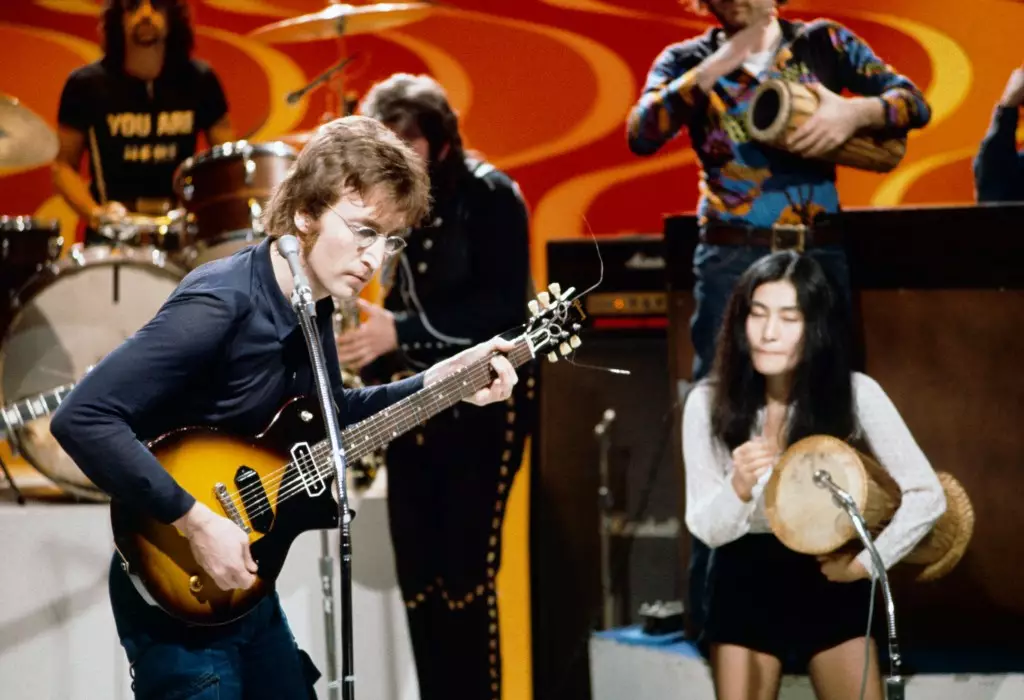In an era where mainstream cinema often overshadows smaller productions, indie films are experiencing an unexpected yet welcomed burst of mainstream visibility. The current theatrical landscape is flooded with a variety of indie films, many of which have garnered positive reviews and significant buzz among audiences and critics alike. Unlike the typical trend of indie films being relegated to limited releases, numerous noteworthy titles are now enjoying wide releases across the country. Films like “Terrifier 3,” “Piece By Piece,” “Saturday Night,” and “The Apprentice” are just a few examples of indie films making their mark on a grand scale, alongside animated offerings such as “My Hero Academia: You’re Next.”
This shift not only reflects a growing appetite for diverse storytelling but also illustrates an industry that is increasingly recognizing and capitalizing on the unique perspectives indie films can provide. The successful run of these films challenges the traditional norms of the film industry, paving the way for more unconventional narratives to reach broader audiences.
Among the formidable wave of indie releases, several documentaries emerge as poignant reflections of contemporary social issues and historical narratives. One significant entry is “Daytime Revolution,” directed by Erik Nelson. This documentary offers an intimate depiction of a pivotal week in 1972 when John Lennon and Yoko Ono commandeered “The Mike Douglas Show.” By diving deep into this unique moment in television history, the film explores Lennon and Ono’s revolutionary ideals and their cultural impact resonating with 40 million viewers. The film is enriched with archival footage and interviews, providing an insightful commentary on media influence and societal issues, such as police violence and women’s liberation.
Similarly, “Mediha,” produced with the assistance of Emma Thompson, showcases the harrowing journey of a Yazidi girl kidnapped by ISIS. This deeply personal documentary not only highlights the horrors faced by individuals caught in conflict but also emphasizes resilience and the quest for justice. Films like these serve to remind audiences of the potent capacity of documentaries to transcend mere entertainment, immersing viewers in stories that provoke reflection and breed understanding.
In the political realm, documentaries such as “Carville: Winning Is Everything Stupid” present incisive portrayals of influential figures like James Carville. By chronicling the intricacies of the 2024 presidential election, the film draws parallels to Carville’s storied past, capturing his unique blend of charisma and combativeness. The narrative intersperses historical and contemporary political landscapes, emphasizing a figure who has dramatically shaped the contours of American politics.
This film not only provides entertainment but also invites viewers to engage with the complexities of political strategy and public perception. The interwoven narratives of political operatives and Carville’s exceptional rise exemplify how documentary filmmaking can capture multifaceted personalities within the ever-evolving tapestry of American democracy.
Apart from traditional documentaries, the diversity of genre in this wave of indie films is noteworthy. The animated feature “My Hero Academia: You’re Next” stands out as the fourth installment in a beloved series that has captivated a global audience. It highlights the enduring popularity of anime, particularly among younger demographics, who are increasingly seeking out content that resonates with their experiences and cultural contexts.
Moreover, faith-based films such as “Six Days In August,” which portrays pivotal moments in Mormon history, showcase the power of cinema to explore and reflect upon cultural narratives that shape societal identities. By delving into such themes, these films contribute to an enriched cinematic landscape where various cultural stories can find representation, fostering a greater understanding among viewers from different backgrounds.
As theaters adapt to the evolving tastes of audiences, the independent film sector is enjoying a renaissance—one marked by creativity, bold narratives, and rich storytelling. The influx of well-reviewed indie films into mainstream circulation invites not only a wider audience but also a critical re-evaluation of the essential narratives that cinema has to offer. With a commitment to diversity and a willingness to embrace unique voices, the industry stands to benefit from this enriched cinematic atmosphere, paving the way for future films that continue to challenge, inspire, and resonate.
The current surge in indie films signifies a moment of transformation in the film industry—a time when creativity shines, and the stories of underrepresented voices are thrust into the spotlight, demanding attention from staid cinematic norms.

